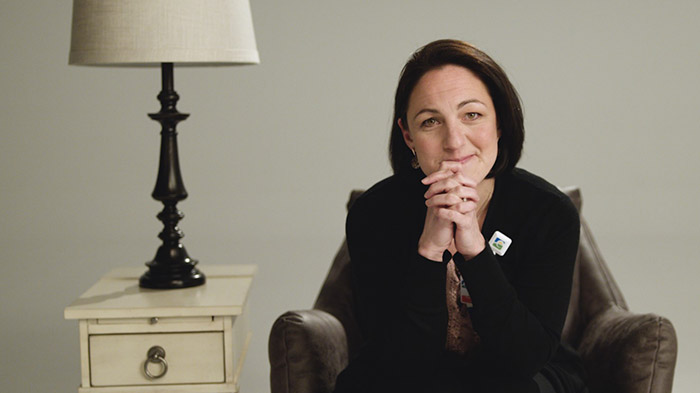After a hot and humid summer, many of us welcome the crisp fall days with open arms. However, for some people, the shorter days and the switch to colder temperatures can also bring along depression and disengagement from friends, family and life.
If you find that a shift in the weather deeply impacts your mood, you could have Seasonal Affective Disorder (SAD). SAD impacts millions of Americans each year, especially those living in northern climates with long stretches of cold. Women have the highest risk of developing SAD, as well as people who:
- Lack exposure to sunlight.
- Are at high risk for depression.
- Currently have depression.
- Live further from the equator.
- Have a family history of SAD or mental illness such as bipolar disorder.
A majority people with SAD are impacted by fall and winter weather; however, SAD can also be triggered by environmental or situational factors. Moving into a house or apartment with less natural light, switching your work schedule from first to third shift or taking on additional responsibilities that keep you inside and away from natural light all be contributing factors to SAD.
Seasonal Affective Disorder: Ways to Help
If you are looking for an immediate boost, the experts at St. Elizabeth recommend sitting down with a sheet of paper and mapping out routines for sleep, diet and exercise. Our bodies and minds thrive on structure and routine. Additional suggestions include:
- Get outside! Take a walk in the early morning sunshine if possible. Make sure to wear SPF and sunglasses to protect your skin and eyes – even in the winter. The fresh air will help, too.
- Find the light. Open curtains and blinds each morning to let in the sunlight – even winter sun can boost your mood. If you sleep during the day, try ordering a “light therapy” device to help increase your exposure to light during your awake hours. Many options are inexpensive and available online or in local stores.
- Get moving. Sign up for a fitness class or take a walk with a trusted friend, make sure to get enough water and healthy, vitamin-rich foods.
- Make an appointment with a primary care physician at St. Elizabeth Physicians. A trained professional will help you identify the cause of the problem and offer treatment options, which could include medication, speaking to a counselor or a daily vitamin regimen.
If you suspect that you or a loved one are experiencing a decline in your emotional health, take action – there are helpful resources available. The St. Elizabeth Physicians Outpatient Behavioral Health group is open to all Tri-State community members. Call (859) 429-5188 or visit our Behavioral Health webpage for more information and helpful links.

